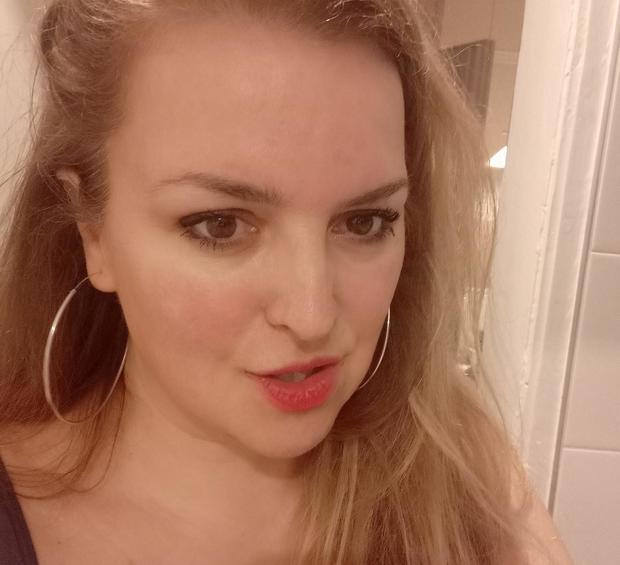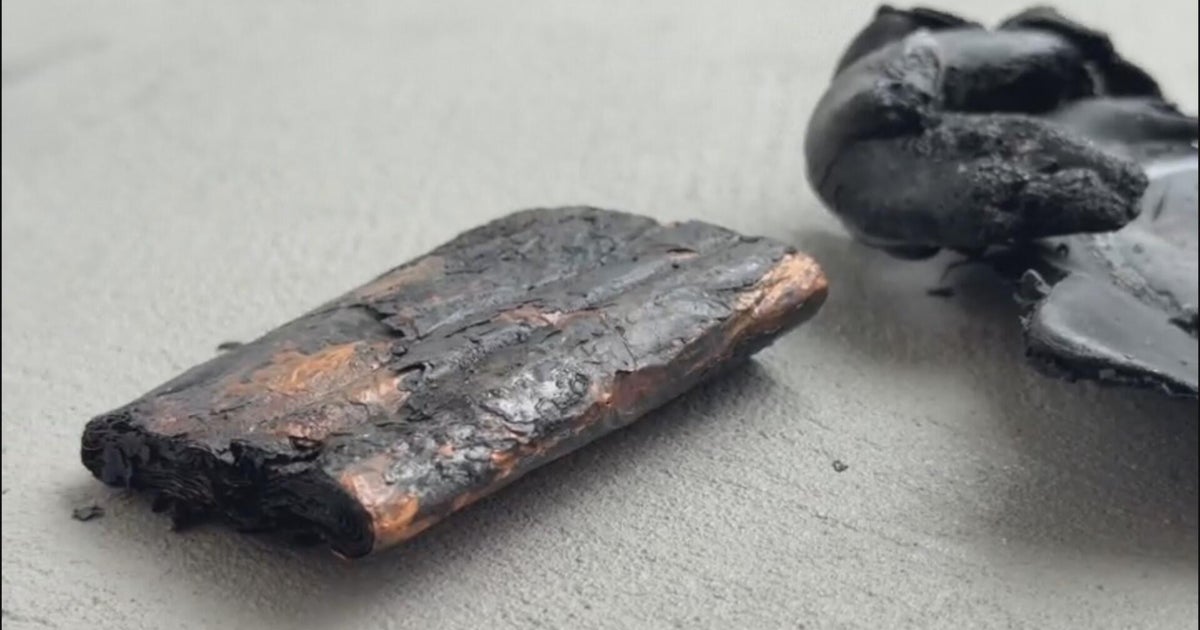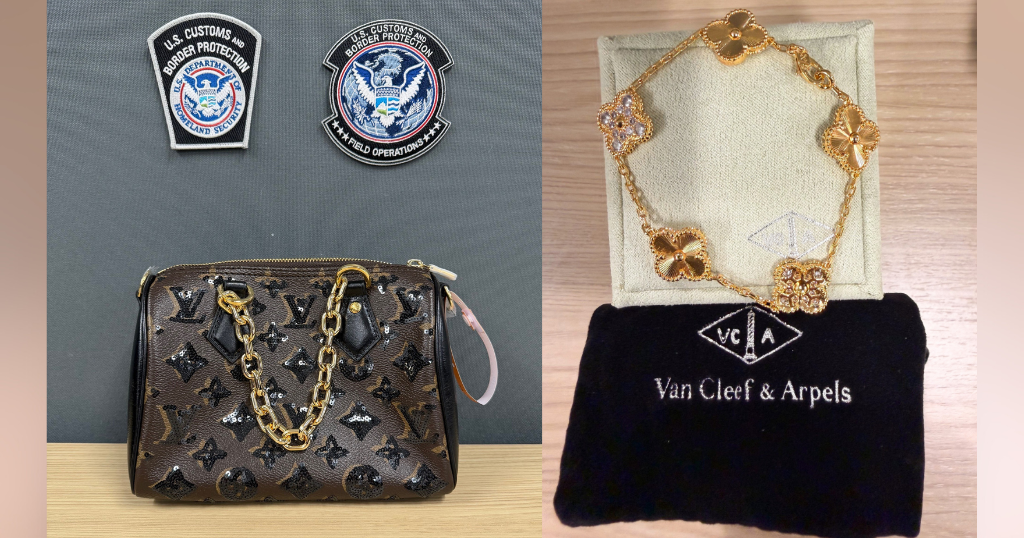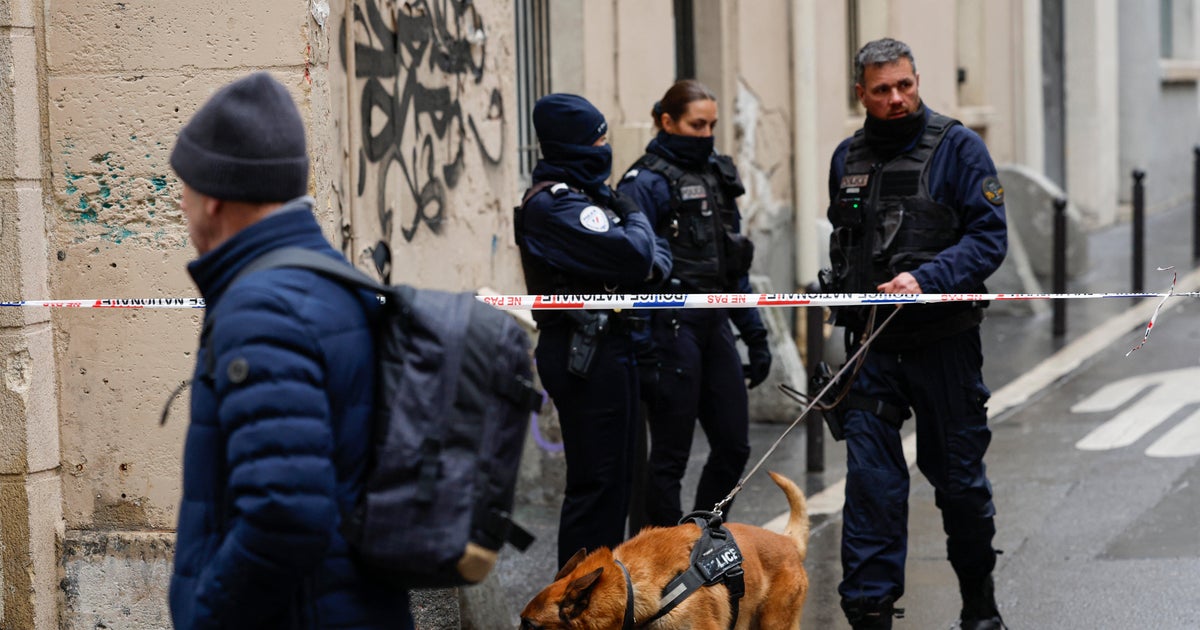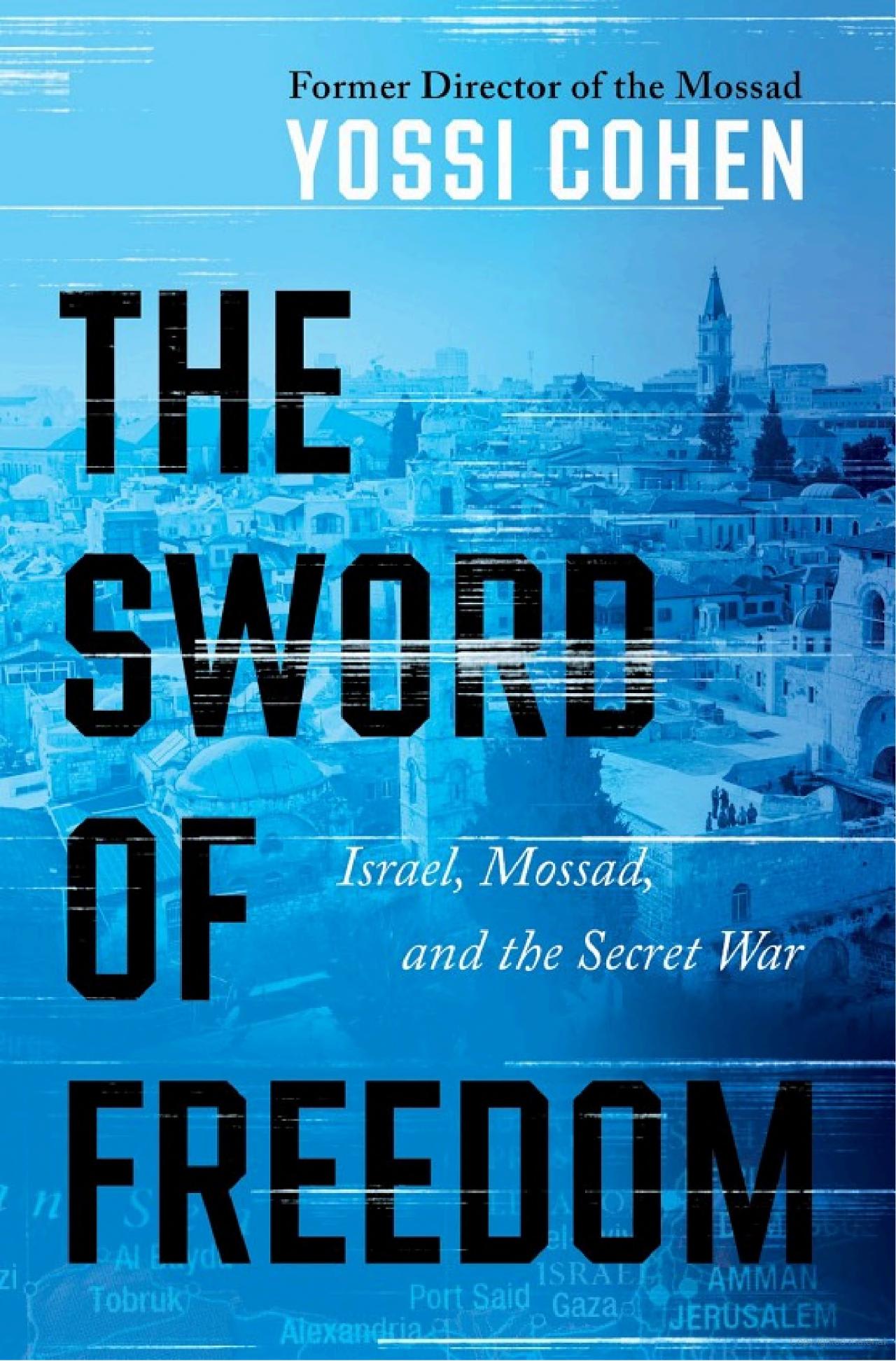Woman whose firm was linked to exploding pagers is being protected by Hungary's secret service, her mother says
The woman whose company was linked to thousands of pagers that exploded in Lebanon and Syria this week is under the protection of the Hungarian secret services, her mother told The Associated Press on Friday.
Cristiana Bársony-Arcidiacono has not appeared publicly since the deadly simultaneous attack that targeted Iran-backed Hezbollah on Tuesday and that has been widely blamed on Israel. She is listed as the CEO of Budapest-based BAC Consulting, which the Taiwanese trademark holder of the pagers said was responsible for the manufacture of the devices.
Her mother, Beatrix Bársony-Arcidiacono, told the AP that her daughter had received unspecified threats and "is currently in a safe place protected by the Hungarian secret services."
The "Hungarian secret services advised her not to talk to media," she said by phone from Sicily.
Hungary's national security authorities did not immediately respond to a request for comment, and the AP could not independently verify the claim.
Two days of attacks this week, first targeting pagers and then walkie-talkies, killed at least 37 people and wounded more than 3,000, including civilians. Hezbollah and the Lebanese government blamed Israel, which has neither confirmed nor denied involvement.
Cristiana Bársony-Arcidiacono's company came under scrutiny after Gold Apollo, a Taiwanese firm, said it had authorized BAC Consulting to use its name on the pagers that were used in the first attack, but that the Hungarian company was responsible for manufacturing and design.
On Wednesday, a Hungarian government spokesman said the pagers delivered to Hezbollah were never in Hungary, and that BAC Consulting merely acted as an intermediary.
Beatrix Bársony-Arcidiacono, who also uses the name Beatrice, echoed that.
"She is not involved in any way, she was just a broker. The items did not pass through Budapest. ... They were not produced in Hungary," she said.
BAC Consulting shares the ground floor of a modest building in Budapest with numerous other enterprises, but has no physical offices and uses the property in Hungary's capital - like the other companies based there - only as an official address, according to a woman who emerged from the building earlier this week and refused to be named.
The company's website said it specialized in "environment, development, and international affairs." The corporate registry listed 118 official functions including sugar and oil production, retail jewelry sales and natural gas extraction.
The company brought in $725,000 in revenue in 2022 and $593,000 in 2023, according to the company registry. Last year, the company spent nearly $324,000, or around 55% of its revenue, on "equipment."
Business records accessed by CBS News from Hungary's Ministry of Justice show that BAC Consulting was registered as a company in May 2022.
Beatrix Bársony-Arcidiacono said her daughter was born in Sicily and studied at the University of Catania before pursuing a Ph.D. in London. She worked in Paris and Vienna before moving to Budapest in October 2016 to care for her elderly grandmother.
On social media, the younger Bársony-Arcidiacono describes herself as a strategic adviser and business developer who has worked for major international organizations as well as for venture capital firms. Her company's website says she has a doctorate in physics.
The 49-year-old received the degree from University College London, where she was enrolled in the early to mid-2000s, according to her LinkedIn page. There, she worked with Ákos Kövér, a Hungarian physicist and now-retired professor, who confirmed her enrollment.
Kövér said in an email to the AP: "At the time, we also published some joint articles. I am not aware of her other activities."
She interned at the International Atomic Energy Agency in 2008 and 2009, as confirmed by the agency, and once co-authored a paper for a UNESCO conference discussing the management of underground water.
On her social media accounts, she posted pictures from France, the U.K. and other places, mostly selfies or photos of places she said she was visiting. Few friends interacted with her messages, some inviting her to come visit or commenting on her appearance.
She speaks English, French, Italian and Hungarian, according to her social media, where she has occasionally made comments criticizing Ukraine or in support of children in Gaza.
Meanwhile, the Israeli military said it carried out a "targeted strike" in Beirut on Friday, killing at least eight people, including Hezbollah commander Ibrahim Aqil.
The United States had previously offered a "reward of up to $7 million for information leading to the identification, location, arrest, and/or conviction," of Aqil, who it said was a leader of Hezbollah in the 1980s, when the group claimed responsibility for the 1983 bombing of the U.S. Embassy in Beirut.
The White House earlier warned both Israel and Hezbollah against "escalation of any kind" following this week's synchronized pager and walkie talkie explosions, but overnight, Israeli warplanes carried out dozens of strikes across southern Lebanon, and Hezbollah has continued firing back.
